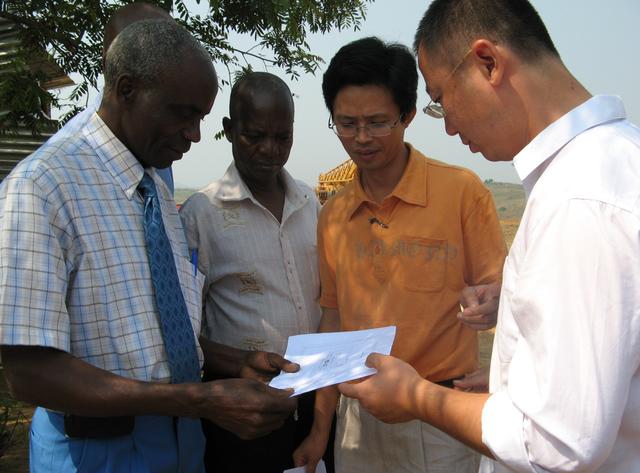众所周知,英语表达强调或加强语气的方式有很多。我们可以用句型是it’s that…,也可以用单词do、did、much、still、far等。
比如用do或者did强调动词:I did finish the work.我确实完成了工作。You are late again. Do tell me the reason, please.你又迟到了。请告诉我理由。
I do hope you will take care of yourself when I leave.我真的希望我走后你好好注意身体。I do wish I could play basketball.我可真巴不得会打篮球。

除了句型和词汇能表达强调或加强语气外,我们也可以用介词短语来表达。下面的六个常见的介词短语的意思均为“到底,究竟”,它们多用在疑问句中。
1.in the world除了表示“世上,世界上”外,可以用来加强语气,意思我“究竟,到底”。它可表示惊讶或不悦。比如:What in the world is he doing? 他到底在干什么呢?
What in the world did they think they were doing? 他们到底认为自己在做什么?Don't rush—we've got all the time in the world. 别急急忙忙的,我们有的是时间。

2.on earth可指“地球上”,也可以表示“到底,究竟”,用来加强疑问句的语气。比如:What on earth are you doing? 你究竟在干什么?How on earth can she afford that since she is so poor? 她这么穷,怎么可能负担得起呢?Where on earth did you spring from?你究竟是从哪儿冒出来的?
3.in heaven指“究竟”,比如:Where in heaven were you? 你当时究竟在哪里?
4.in hell指“究竟”。比如:What the hell do you think you are doing? 你到底知不知道自己在干什么?

5.in nature最常见的意思是“本质上,事实上”,它也可以表示“究竟”,用来加强语气。比如:TV news is more interesting than printed news for us. What in nature do you mean? 对我们来说电视新闻远比报纸新闻更为有趣。你究竟是什么意思?
6.under the sun除了当“天下,世界上”讲之外,还可表强调“到底,究竟”。比如:What under the sun could I have put the purse?我到底能把钱包放哪里了呢?What under the sun did they guys do it for? 他们这帮家伙究竟为什么干那事?
,




